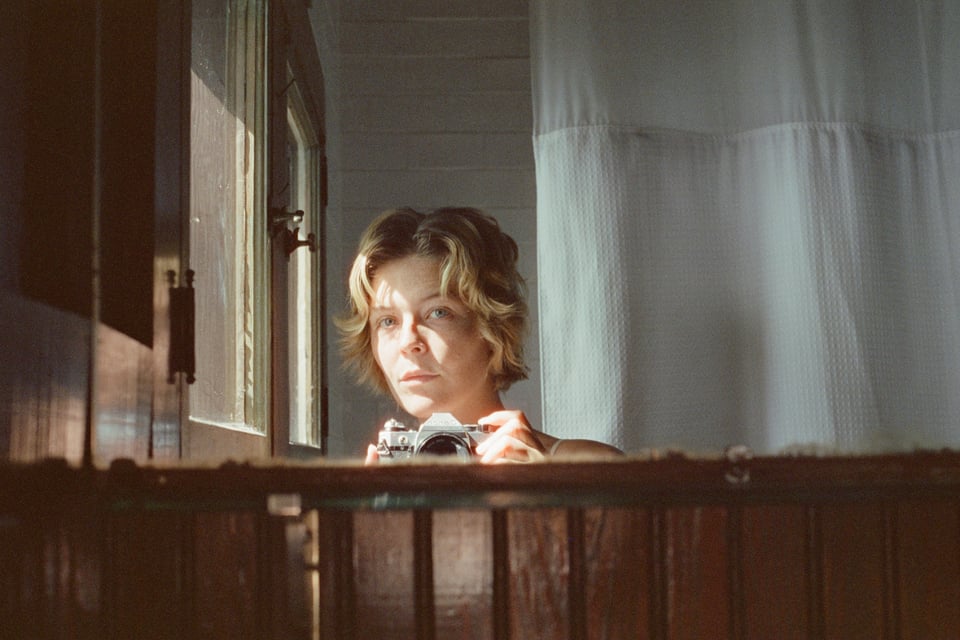Only mercy
“Love’s Work” is a slim autobiography by the British philosopher Gillian Rose, written a year before her death to ovarian cancer in 1995. There are eight essays and in each, she explores her love – not adoration, but love, with its necessary appendages: grief, jealousy, betrayal etc – for a particular subject. Mostly, that subject is a friend, otherwise religion or philosophy.
In essay three, for example, she writes about an older woman, Yvette, who has a “piercing intelligence in evident amused communication with itself” and a “monstrous” appetite for younger men. Yvette teaches Gillian to embrace the “terrors” of desire, arguing, quite logically, that desire is the very basis of everything else noble and good. “Yvette positively relished my staid inhibitions, which she dismissed airily as contrary to the universal and sacred spirit of lust. A Grand Mother indeed.”
In other essays, Rose writes about her two fathers, biological and step; a priest she falls in love with (she’s Jewish); and another friend, Jim, who she sits with in a New York City hospital as he dies of AIDS. She has a preoccupation with characters sick, deformed or disabled, and with moments where vibrant, blazing life snuffs into nothing. She reasons out these moments with Dante, with Shakespeare, with Kant. And all the while, disease spreads farther in her own body. Repeatedly, Rose returns to the idea of mercy.
“There is no democracy in any love relation: only mercy.”
“Each party, woman, man, the child in each, and their child, is absolute power as well as absolute vulnerability. You may be less powerful than the whole world, but you are always more powerful than yourself.”
“We are at the mercy of others, and we have others in our mercy.”
It’s not hard to imagine why a dying woman might be transfixed by this idea. I find it a very moving one – and true. If you live the kind of life that is embedded with others, you are so, immensely vulnerable to what happens to them or what they choose to do. We don’t realize the eclipsing nature of this power until one day it’s exercised, meaning: until one day we lose someone. There is no justice, no sense, no fairness to that pain because there is no law governing relations between two people, Rose writes. No judge to mete out punishment. No meaningful accounting of debts and credits owed. Of course, the rub is that we each also have in our own hands the ability to exert that pain onto others. And we do. At least I know I do.
It's panic-inducing to dwell too much on this dynamic but I don’t think we should let it slip too far away from our eyelines either. Our power and our powerlessness. An old correspondent told me once that the last text message he sends before he takes off on a plane is always to his wife, telling her he loves her. That’s good practice, I think.

To carry on with this general idea of how profoundly vulnerable it is to love and be loved: Maggie Rogers’ latest record “Don’t Forget Me.” Rogers said she envisioned this as a soundtrack to a Sunday drive because that’s when she’s had some of her deepest connections to music. It’s crazy because… She’s just like me fr. Everyone says “The Kill” is this album’s most masterful song and I agree. But in the context of “Love’s Work,” let’s look at the record’s soaring closer, “Don’t Forget Me.”
So close the door and change the channel
Give me something I can handle
A good lover, or someone who’s nice to me
Take my money, wreck my Sundays
Love me til your next somebody
Oh, but promise me that when it’s time to leave
Don’t forget me
Rogers performed recently with Joan Baez, the legendary Latina folk singer who famously had her heart broken by Bob Dylan in the 60s. Baez said in a documentary released last year that the relationship was “totally demoralizing” and in an earlier memoir, she’d given more details about how Dylan had stolen professional opportunities from her and made her forget her own musicality and generally been a dick. Still, she said last year, she’d forgiven Dylan. So At Carnegie Hall in New York, Rogers and Baez performed “Don’t Think Twice, It’s Alright,” a famous Dylan song that reads like every conversation a man has had with himself before he fucks a woman over.
I'm a-thinking and a-wonderin' walking down the road
I once loved a woman, a child, I'm told
I give her my heart but she wanted my soul
But don't think twice, it's all right
After, to the New Yorker, Rogers said this about the performance:
“I think about her and Bob Dylan—it just makes me want to fucking wreck that dude,” Rogers told me. “That song—the more I play it, the more I’m, like, ‘This shit’s fucking sad.’ ‘Don’t Forget Me,’ too. Both are sad as shit. The idea that the baseline is just someone to be nice to me—fuck, man.”
It is sad. But, as Rose argues, this desperate ask for someone to be nice, to stay, to remember is the core of love’s work. At any point, we’re asking this of others and others are asking it of us. “If I am to stay alive,” Rose writes, “I am bound to confine to get love wrong, all the time, but not cease wooing, for that is my life affair, love’s work.”
—
Some personal exposition: Been on a travel bender that looks to continue until July. Have to be on lots of boats for work, which is deepening my sea fixation. Both my siblings are preparing for weddings; my mother is gallivanting in Iceland; and Ruairí and Bobby are well. The Rachels visit in three weeks!
Your friend,
Reb